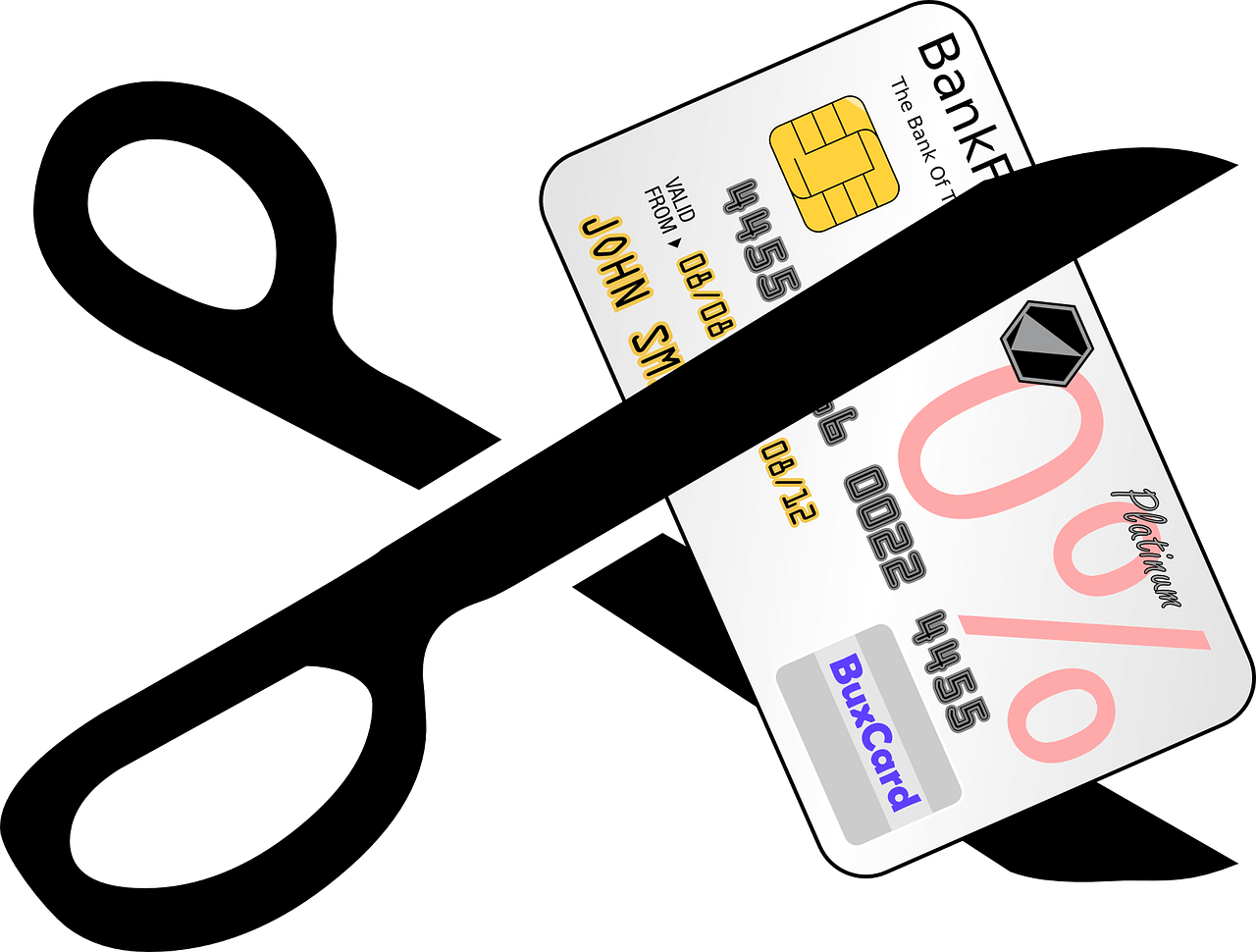How to Avoid Falling Victim to Ticket Scams
In today's digital era, the purchase of tickets online is convenient and standard. But along with this ease comes a rising risk, namely the emergence of ticket fraud. These dishonest tactics prey on gullible clients and leave them with fake or invalid tickets in addition to financial burdens. As a writer with extensive experience, I am well-equipped to provide you with wise counsel as I have witnessed firsthand the catastrophic outcomes of these deceptions.

The Importance of Protecting Yourself Against Ticket Scams
Ticket fraud can have serious financial and psychological consequences. Victims may find themselves unable to attend the event they've been looking forward to, often at the last minute. Worse, they could be facing a heavy financial burden since they've lost the money they paid for these bogus tickets. An equal amount of emotional toll can be taken in the form of disappointment, annoyance, and even betrayal.
Common Types of Ticket Scams
Ticket scams come in various forms, each designed to exploit unsuspecting consumers. The most common types are:
- Fake Ticket Websites: These are websites that mimic legitimate ticket vendors, luring customers in with seemingly too-good-to-be-true offers.
- Phishing Scams: Scammers may send emails or messages claiming to be from legitimate ticket providers, asking you to click on a link or provide personal information.
- Resale Scams: Individuals may offer tickets for sale on online marketplaces or classified ads, only to disappear with their money after the transaction.
- Counterfeit Tickets: Scammers may produce and sell fake tickets that appear authentic, leaving you unable to gain entry to the event.
How to Spot Ticket Scams
Recognizing the warning signs of a ticket scam is crucial in protecting yourself.
- Unusually Low Prices: If a ticket seems significantly cheaper than the official price, it's likely a scam.
- Lack of Seller Reputation: Be wary of sellers with no or limited positive feedback on online marketplaces.
- Pressure to Act Quickly: Scammers may try to create a sense of urgency, pressuring you to purchase and verifying the legitimacy of the offer.
- Suspicious Payment Methods: Requests for payment via wire transfer, gift cards, or other non-traditional methods should raise concerns.
- Poor Communication: Legitimate ticket vendors should be responsive and transparent in their communication.
Tips for Avoiding Ticket Scams
To protect yourself from falling victim to ticket scams, consider the following tips:
- Purchase Tickets from Authorized Sellers: Stick to official ticket vendors, event organizers, or reputable resale platforms.
- Verify Ticket Authenticity: Look for security features like holograms, watermarks, or unique barcodes that can help you identify genuine tickets.
- Use Secure Payment Methods: Opt for credit card payments or secure online payment platforms, as they often offer better protection against fraud.
- Research the Seller: If buying from a third party, thoroughly research the seller's reputation and history.
- Beware of Unsolicited Offers: Be cautious of tickets offered through unsolicited emails, social media messages, or other channels you didn't initiate contact with.
- Trust Your Instincts: If it seems too good to be true, the offer probably isn't real. Stay grounded and avoid confrontation when something goes awry.
Safe Ticket Purchasing Practices
To ensure a safe and secure ticket-buying experience, consider the following best practices:
- Use Authorized Ticket Vendors: Purchase tickets directly from the event organizer, venue, or reputable ticket resale platforms.
- Verify the Website: Ensure the website you're using is legitimate by checking for a secure connection (HTTPS) and the company's contact information.
- Avoid Cash Transactions: Opt for credit cards or other secure payment methods that offer fraud protection.
- Keep Records: Save all documentation, including confirmation emails and receipts, in case you need to verify the authenticity of your tickets.
- Monitor Your Accounts: Regularly check your credit card and bank statements for any suspicious activity.
How to Verify Ticket Authenticity
Verifying the authenticity of your tickets is a crucial step in avoiding ticket scams. Here are some guidelines to help you find genuine tickets:
- Look for Security Features: Genuine tickets often feature holograms, watermarks, or unique barcodes that can be used to verify their authenticity.
- Check the Ticket Vendor: : Ensure the ticket vendor is authorized and has a good reputation.
- Scan the Barcode: Many event organizers and ticket providers offer mobile apps or online tools that allow you to scan the barcode on your ticket to verify its validity.
- Contact the Event Organizer: If you're unsure about the authenticity of your tickets, reach out to the event organizer for assistance.
Conclusion and Final Thoughts
Although ticket fraud is an unpleasant and expensive experience, by following the advice set out in this article you can considerably reduce your chances of being a victim of such fraudulent practices. Remember, only buying tickets from trustworthy vendors, verifying their legitimacy, and following your gut when something goes wrong are the best ways to stay safe.
If you want to stay alert against ticket scams, our newsletter is the way to go. We encourage you with new topics and constantly provide advice and tools to support your development. Sign Up now and take control of your ticket-buying experience.